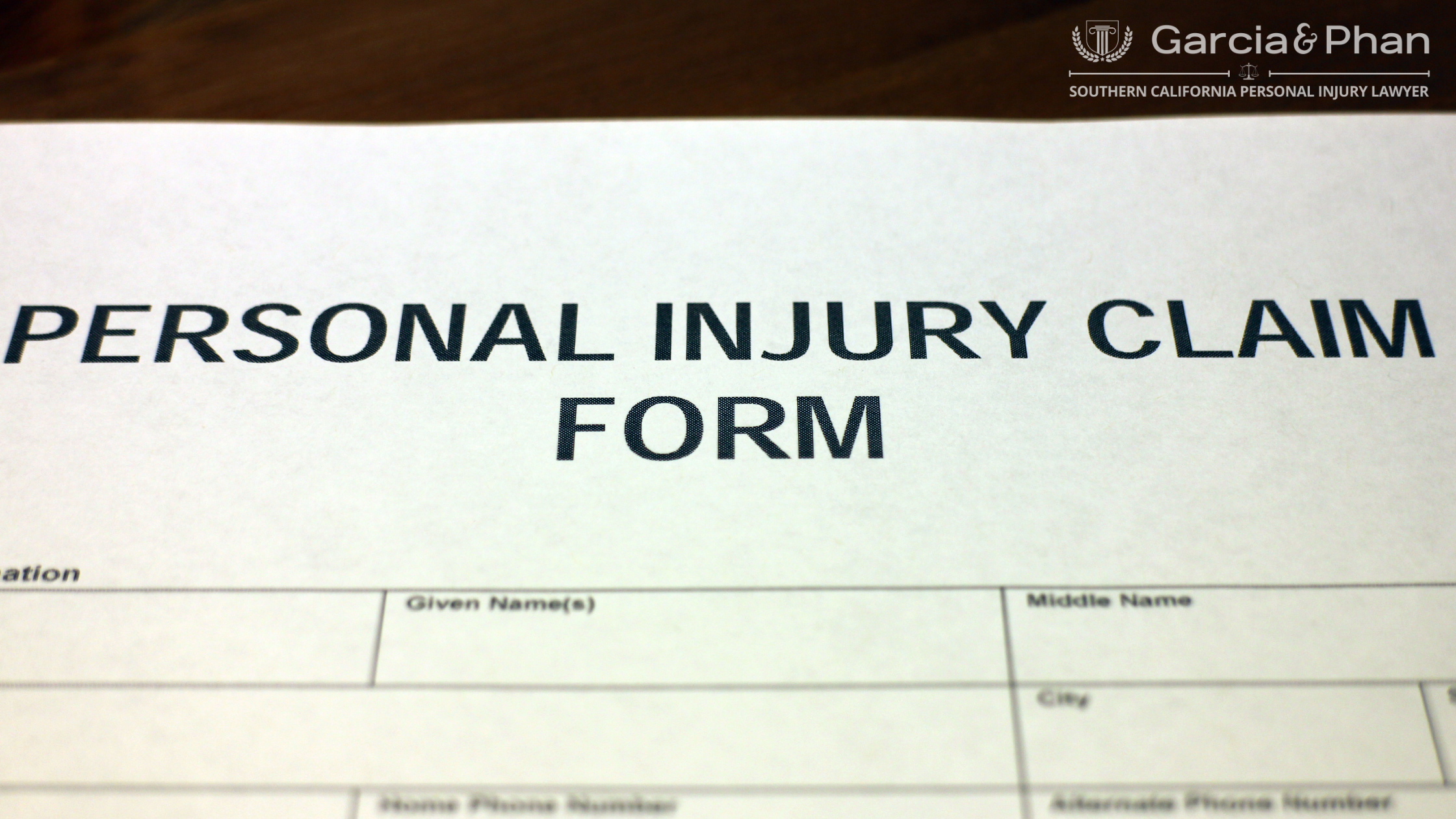After sustaining an injury, wanting to make things right is normal. It entails filing a claim for personal injury and receiving the funds necessary to cover medical expenses, lost wages, and other costs related to the injury. Before filing a personal injury claim, you should be aware of certain restrictions, even though this may be the best option for some individuals.
What Are the Limitations of Personal Injury Claims?
- You Have a Limited Time Frame to File a Claim
Accident victims have a limited amount of time to submit a personal injury claim. In most states, the personal injury statute of limitations is twenty-four months. If you miss the deadline to file a lawsuit, you will lose your right to do so. A personal injury lawyer can help you understand your legal rights and guide you through the claim filing process.
- You May Not Be Able to Sue The Party At Fault
In certain instances, the party at fault in a California claim for personal injury may not be sued. This is due to a legal doctrine known as comparative negligence. Under this law, a party who was partially at fault for an accident can still recover damages, but their damages will be reduced by the proportion of fault they bear.
This law can be difficult to apply, especially when determining fault in an accident. Contact an experienced personal injury attorney if you are injured in an accident to determine if you can sue the party at fault.
- Your Injury May Not Be Severe Enough to Warrant a Claim
If you were injured in a collision that was not your fault, you may be wondering if you have a personal injury claim. Many individuals are surprised to learn that not all incidents result in personal injury claims. To have a valid personal injury claim, your injury must satisfy certain conditions. First and foremost, your injury must be the result of another party’s negligence.
Second, the severity of your injury must be sufficient to warrant legal action. Minor injuries that do not result in long-term damage or disruption are ineligible for a personal injury claim.
- You May Not Be Able to Get Compensation for Certain Types of Injuries
There are a few types of personal injuries for which no compensation is available. They are not considered injuries caused by another party’s negligence. For instance, if you sustain a personal injury because of a disease you contracted, you will not be eligible for compensation because another party’s negligence did not cause the injury.
- The At-Fault Party May Not Have Insurance
In some instances, the party at fault may lack insurance, making it difficult for the victim to seek compensation. If the party at fault lacks insurance, the victim may be required to seek compensation through the legal system. The victim will likely have to file a lawsuit and go to trial, making it a potentially complicated procedure.
Conclusion
If you are considering filing a personal injury claim, you must be aware of these restrictions to make an informed decision. Please contact Garcia and Phan at (714) 586-8298 if you have any questions. We would be delighted to assist.






